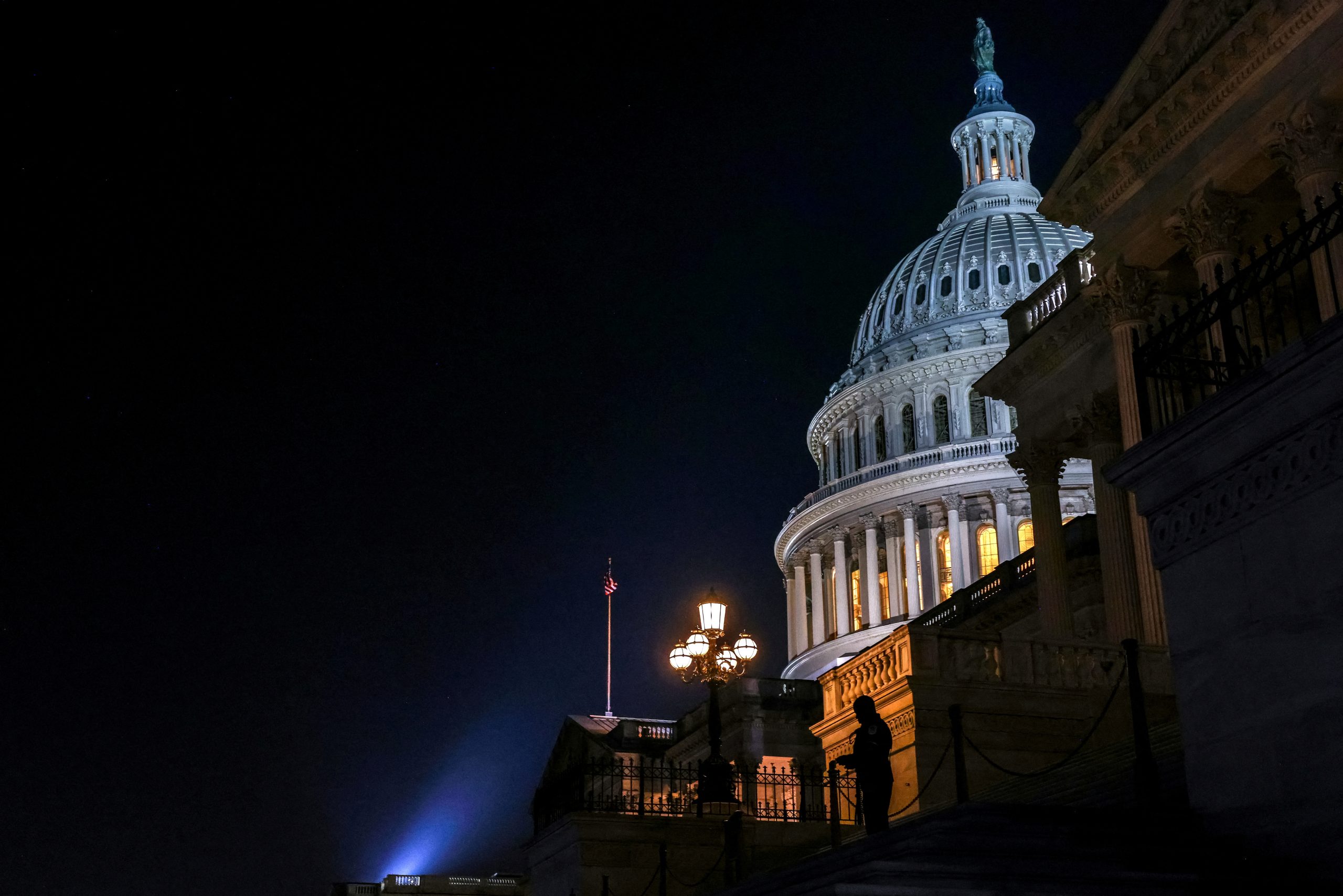
[elfsight_social_share_buttons id=”1″]
Congress has officially gone into its August recess, albeit with some rather important agenda items yet to be hashed out. With three weeks and 11 cooperative sessions upon their return, each chamber has a lot to unpack.
Notably, the House of Representatives is looking to pass appropriations bills to fund the Food and Drug Administration as well as the Department of Health and Human Services.
The FDA bill has been a particular headache. It was held up in the House over disagreements on spending and how to handle medicated abortions.
Republicans initially included a provision in the appropriations bill which tightened restrictions on access to the abortion pill mifepristone. But moderates at the last second said they had disagreements with the wording of the provision.
Combined with complaints from more hardline conservatives on a lack of spending cuts, the bill was pushed back until after the recess.
The Democrat-controlled Senate will likely avoid passing these House-originated measures. They actually passed their own versions of these appropriations bills, which have not gone anywhere in the House.
The Republican infighting over such bills was highlighted by comments from Democratic Caucus Chairman Pete Aguilar (D-Calif.), who suggests that this behavior will lead to a government shutdown.
Other issues that Congress looks to address through legislation include nationwide drug shortages, funding for community health centers, the opioid epidemic, and adjusting the cost of insulin.
But with all of this going on, Congress is also pushing back its responsibilities on an issue crucial to retirees. That is, of course, Social Security.
We’ve long heard that Social Security will run out of funding soon, and Congress has been looking to solve this problem. However, negotiations between Democrats and Republicans have stalled.
Differences in opinions on access and amounts of benefits, for example, have resulted in talks falling through and no passable bill taking form. Republican Sen. Bill Cassidy (La.), a leader in the discussions, stated he had “no optimism whatsoever” in acting on the potential insolvency before the end of this year.
A recent government report suggests that Social Security will have funding to pay out full benefits through 2034 – one year later than previously expected. After 2034, benefits will likely be cut as high as 23% to make up for lost funding – so time is ticking if Congress truly wants a solution for Social Security.
